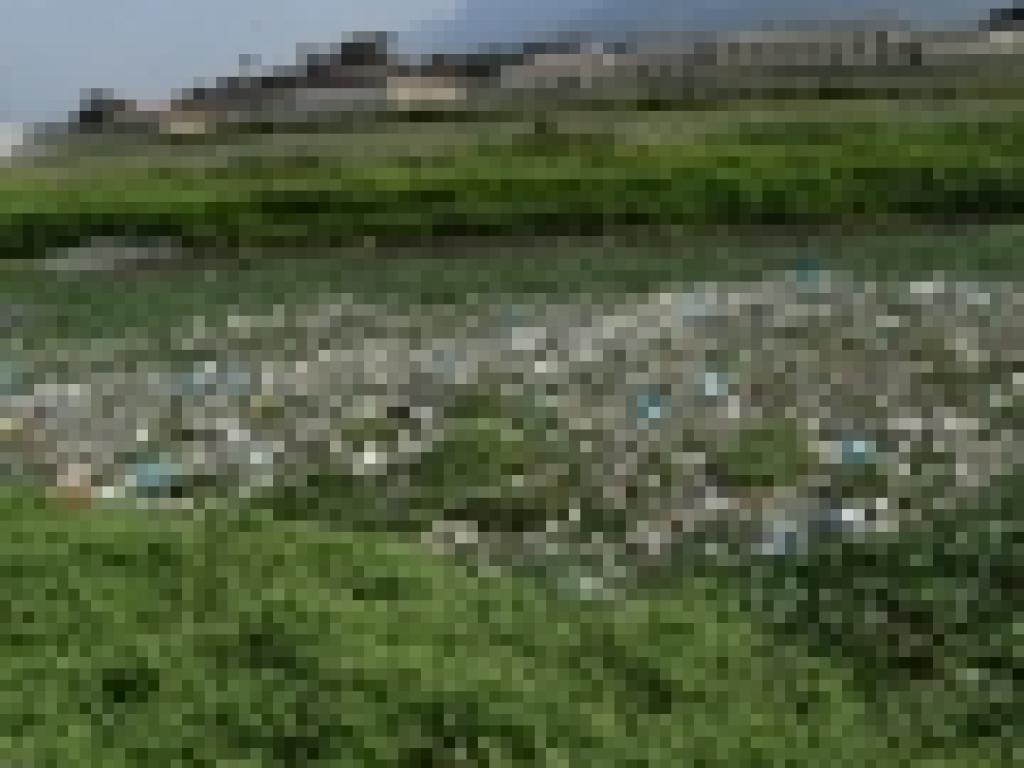Peninsula Paddle: Raising awareness about polluted waterways

The 11th annual Peninsula Paddle took place on 4 October 2020. FW together with Cape Town Environmental Education Trust (CTEET), Friends of the Liesbeek, Khayelitsha Canoe Club, Zandvlei Trust and the City of Cape Town, Water Institute of Southern Africa, AL Abbott laboratories, and Save the Fishie organizations.
As usual, this year the paddling journey started from Zandvlei Estuary to Milnerton Lagoon along the canals and waterways. The event took place under COVID-19 conditions which meant reducing the large number of participants as in previous years, to just six paddlers this year. In the canals the paddlers found an extraordinary variety of dumped items such as solid litter, plastics, clothing, bedding, broken furniture, baby diapers, dead dogs and organic matter from households, some of which freshly dumped into the canal. Water samples were collected and tested for bacteria and nutrients along the route. ALAbbott’s laboratories donated their services to the cause.
The journey was documented in a powerful documentary to showcase the event and state of the waterways: Watch video.
The Peninsula Paddle initiative was co-founded by Dr Kevin Winter, of the Future Water Research Institute, to raise awareness about state of Cape Town’s waterways. Following the water crisis in Cape Town from 2015 to 2018, the City of Cape Town now recognizes the important role that waterways are going to play in the creating a Water Sensitive City as a commitment that will drive the new Water Strategy for the city. The City is taking the initiative by developing a Liveable Urban Waterways programme which will identify selected waterways and together with stakeholders, will commence with plans to transform the waterway into a functional river system.
Looking back over the last 11 years, the Paddle event has made a contribution to raising awareness about the state of the waterways and coined the phrase, the ‘health of the city is in its waterways’. That phrase has been used each time the paddle has taken to the water and has been carried by the media, often resulting in swift action by the City to address the issues that were identified by the paddlers In 2019, for example, the Paddle highlighted a stretch along the Black River that was covered in plastics and weed. A week later the City undertook to clean this section of the Black River with contractors who spent nearly 4 months cleaning the river. While these kinds of interventions are necessary, they are not sustainable. The condition of the waterways will remain without major efforts to deal with high density, underserviced settlements and where people have limited options to dispose of their rubbish or couldn’t be bothered to ‘do the right thing’. There are no easy solutions, but the Peninsula Paddle is a demonstrable example that it takes time but the City and it citizens will need to become more resolute and determined to restore the waterways. We will know we have won the battle when nature returns in abundance to these waterways and when people from across the city can enjoy the safety of public spaces that surround these waterways.